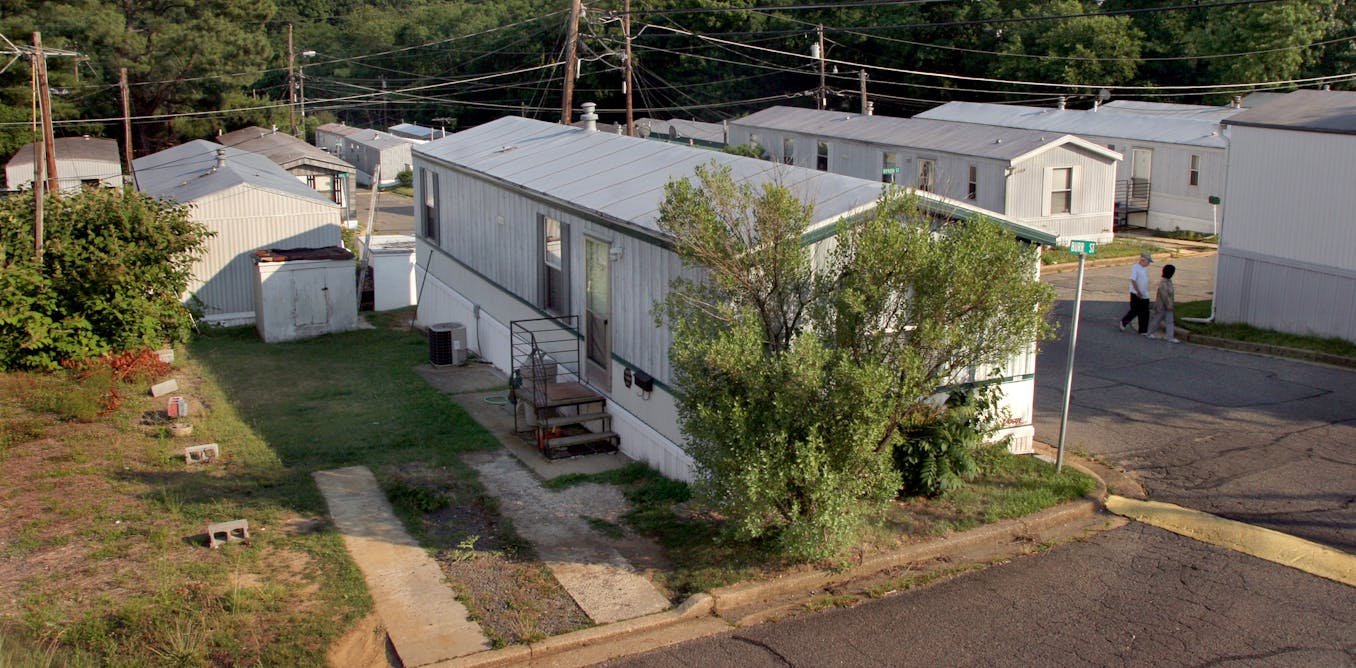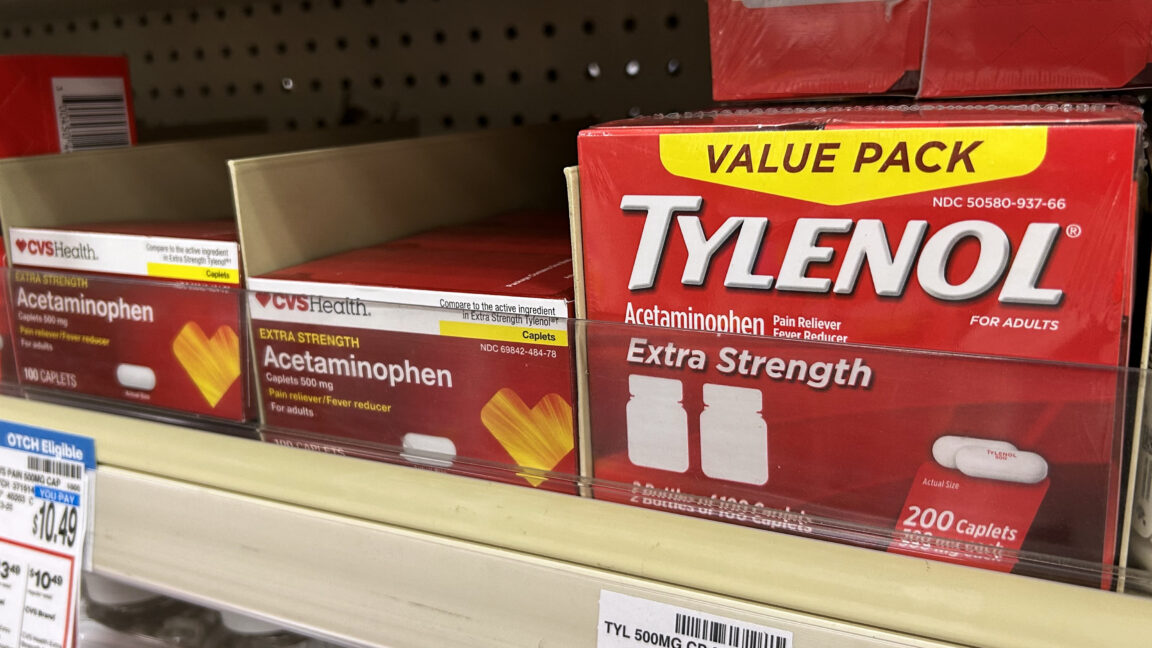As Gavi met yesterday for its replenishment pledging summit to determine funding for its next five years of work, it did not reach its funding target of $11.9 billion and faces a shortfall, in part due to the US government’s decision to withdraw its funding pledge. The US was previously one of the biggest funders of Gavi, contributing about 13 percent of the organization’s budget.
With over 50 years of experience vaccinating children who live in some of the world’s hardest-to-reach and most neglected settings, MSF is keenly aware of the barriers and challenges that make access to and the delivery of vaccines in humanitarian settings particularly complex and expensive.
While MSF does not accept US government or Gavi funding and will not be directly affected by cuts to the program, more than half of the vaccines MSF uses in its projects come from ministries of health and are procured through Gavi.
Mihir Mankad, MSF global health advocacy and policy director in the US, said:
“The United States is walking away from the global effort to vaccinate the world’s children.
“To invoke misleading and inaccurate claims about vaccine safety as the pretext for cutting all global vaccine funding is cruel and reckless. We can’t overstate the impact of the US government’s decision to withdraw Gavi funding: Countless children will die from vaccine-preventable diseases.
"As a medical organization, we vaccinate millions of children safely every year. Many of our patients are living in war zones, refugee camps, and rural areas cut off from health care—places where children still die of pneumonia, diarrhea, and measles.
Following the replenishment pledging summit yesterday, MSF is urging Gavi, its board members, and donors to focus their efforts to reach children in humanitarian settings in particular.
Dr. Daniela Garone, MSF international medical coordinator, said following the conference:
“We are encouraged to see global solidarity in support of Gavi’s next five years of work, but it comes with a funding shortfall. This should not deter Gavi and donors from stepping up and ensuring stronger efforts to reach children in humanitarian settings with immunization.
“We see firsthand the devastating impact of low immunization coverage on communities and health systems, with many of the places in which we work having faced outbreaks of vaccine-preventable diseases—like measles in Darfur, Sudan and diphtheria in Kano, Nigeria—due, in part, to limited vaccine access.
“With more than half of unvaccinated children living in humanitarian settings around the world, including war zones, refugee camps, and remote areas cut off from health care, it should be clear that now is the time to bolster access to vaccines.
“Ensuring that children actually get vaccinated needs sufficient funding, political will, and commitment from donors and governments. That’s why we again call on Gavi, its board members, and donors to improve access to vaccines for children living in humanitarian settings, including by ensuring that all children until at least age five have sustainable access to vaccines.”
.png)




